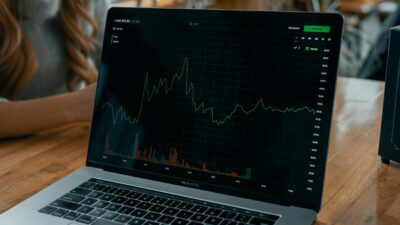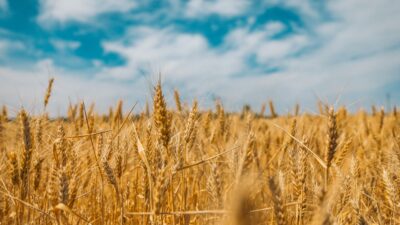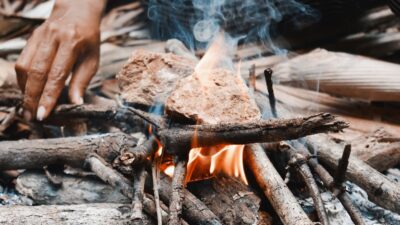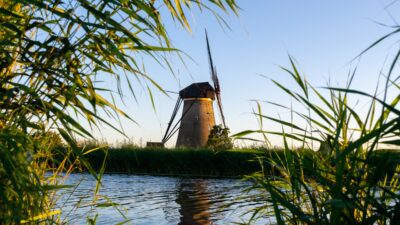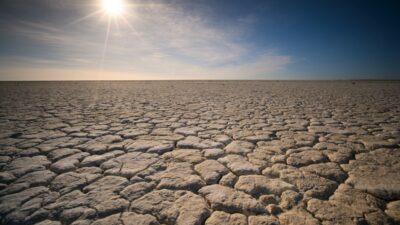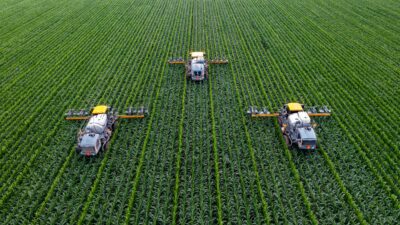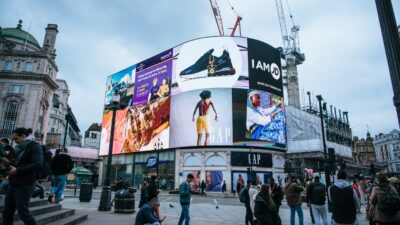Sydney Business Insights
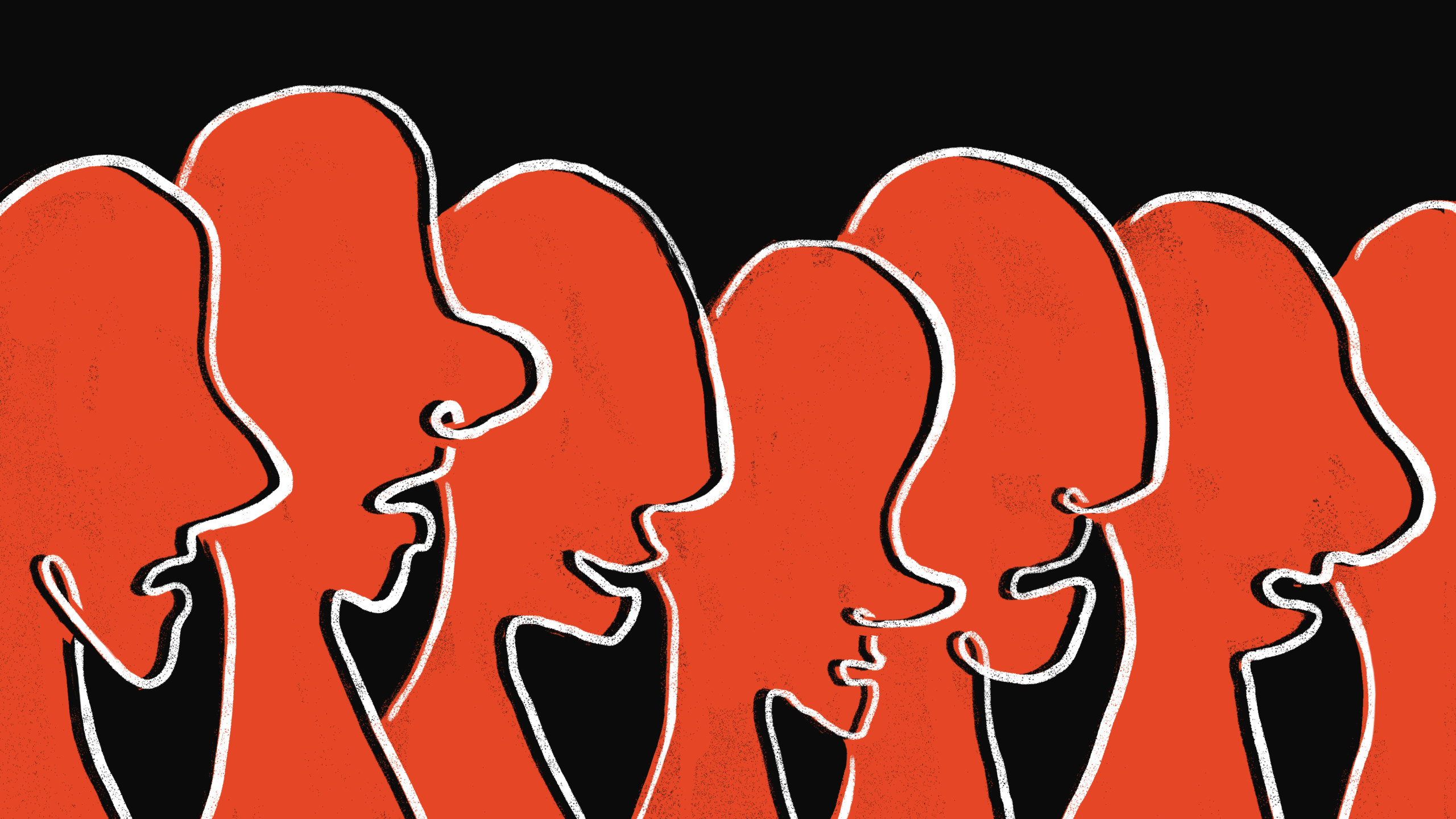
The human side of energy security
The energy industry is a critical industry because it underpins Australia’s economic success and quality of life. However, it is also a complex industry, since it tries to meet competing economic, environmental and social objectives. But what about the other side of the story? How can we move beyond economic and engineering perspectives we naturally tend to focus on and consider the human side of energy security? We talk to Associate Professor Jane Lê to find out.
Show notes and links for this episode
Juggling complexity in strategic environments
Tesla’s Elon Musk ‘can solve SA’s power woes in 100 days’
You can subscribe to this podcast on iTunes, Spotify, Soundcloud, Stitcher, Libsyn, YouTube or wherever you get your podcasts. You can follow us online on Flipboard, Twitter, or on sbi.sydney.edu.au.
Sydney Business Insights is a University of Sydney Business School initiative aiming to provide the business community and public, including our students, alumni and partners with a deeper understanding of major issues and trends around the future of business.
Share
We believe in open and honest access to knowledge. We use a Creative Commons Attribution NoDerivatives licence for our articles and podcasts, so you can republish them for free, online or in print.
Transcript
Sandra Peter Introduction: The energy industry is a critical industry because it underpins Australia's economic success and quality of life. However, it is also a complex industry since it tries to meet competing economic, environmental and social objectives. But what is the other side of the story? How can we move beyond economic and engineering perspectives that we naturally tend to focus on, and consider the human side of energy security?
Introduction: From the University of Sydney Business School, this is Sydney Business Insights - the podcast that explores the future of business.
Sandra: I am Sandra Peter and today we are talking to Associate Professor Jane Le who is looking at energy security beyond purely economic and engineering perspectives. Jane is exploring the human side of energy security. Jane Le is an Associate Professor in Work and Organisational Studies at The University of Sydney Business School. She researches competing demands at work with a particular interest in critical infrastructure and is currently leading an ARC project on energy security. Welcome Jane.
Jane: Thank you.
Sandra: What is the human side of energy security?
Jane: Good question. So as you know energy is fundamental in terms of economic quality and output and also social issues. So it's a really fundamental industry but what we've done so far is just looked at it from an economic and engineering perspective and so what we're looking at is to say "yes that's been really useful, we've learned a lot from that, but what we need to now try to understand is what do the people actually do? What are some of the human elements? What are some of the decisions and practices that they make and how do real impacts get created and practised?" So that's what we're talking about when we talk about the human side of energy security, those people that are working in the sector or working in industries, organisations, how they actually can influence energy security outcomes through the decisions or practices they make.
Sandra: How are we trying to understand the human side of energy security?
Jane: Well, that's a great question. We were lucky in that we just got a big government grant from the Australian Research Council to look at just that issue. So the way that we're trying to understand it is by talking to people in industry. So actually asking policymakers, top level executives at energy companies, regulatory agencies, you know, NGOs, industry bodies, etc, we're actually asking them what are the other things that they do, how do they take decisions and then how those decisions and practices impact energy security outcomes. So, part of that is interviews, talking to people and finding out how they do it, and part of it is actually watching them and seeing how they work and what are some of the things that they do in practice.
Sandra: Why is this such a complex issue?
Jane: Well, first of all, you tell me - what is energy security? And the problem is that not everybody agrees. So when you ask people what energy security is, you can get fundamentally different answers. I mean, the basic premise of it, I think everybody agrees on. It means basically lights on. So that's what we hear a lot when we talk to people and also what you hear in the media. So that's the basic premise of it. But it actually goes beyond just having energy - the availability of energy, if you will. But what people also want is they want high quality energy. So they want it to be there reliably when they need it and sufficient amounts of it, and then they also want it to be secure in the sense of they want to have a secure network, something protected well from terrorism and other attacks, and at the same time they want it to be kind of impactful in a positive way. So reduced environmental impact, they also want it to be affordable. So there's a lot of elements of energy security and a lot of issues that come into play when you talk about it. But that's not all because it's also about decisions and practices, like what technologies do we use, government policy both here and internationally, and then we start talking about things like national security, climate change, independence and economic success. And all of a sudden energy security is a huge, huge issue. So that's the complexity with energy security.
Sandra: Which brings us to the human side of energy security. Is that the complex issue as well?
Jane: Absolutely. Because obviously energy security is a cross-organisational and industry issue. So energy security is not just something one company does. Ok, sure, you know there can be issues when let's say a network operator loses the network. There could be one particular organisation that has a decision or practice that has an impact. But overall, because there's so many players working together in the market, we all need to make decisions and practices that are aligned and bring about positive energy security outcomes and that is the difficulty with the human side - a lot of people making a lot of decisions and doing a lot of things to create one outcome.
Sandra: How does the media and the public sentiment come into it?
Jane: Well this is a very timely question, Sandra, because obviously we recently had the blackout in South Australia and that was huge in the media. So, if you remember back in July when we were talking about energy security, we were talking about price spikes and potential systems issues and maybe some reliability issues but it was always small issues. But since the blackout, there has been a huge amount of media attention on the issue. It's been very interesting because what it does is it frames energy security as one particular issue in this case "lights on" and pushes some of the other elements of energy security that are equally important, like environmental impact, cost, potential equality of supply or the diversity and energy portfolio, all of those issues are pushed to the side. So it creates this kind of media and political storm that drives agenda in one particular direction. And so the media is hugely influential in driving what energy security is understood to be and what we actually do, in other words what our energy future becomes.
Sandra: Speaking of futures, what is next for you?
Jane: Good question. I'm going to do a little bit more work, I'm going to talk to some more people in the industry to get an even more well-rounded picture of what energy security is and what are some of the things that we need to do to have an energy-secure future, and also I would like to identify an organisation that I'm going to work with closely to study their decisions and practices to see exactly how they understand and generate energy security within their own context.
Sandra: Thank you for talking to us today.
Jane: Thank you for your time.
Outro: You've been listening to Sydney Business Insights, the University of Sydney Business School podcast about the future of business. You can subscribe to our podcasts on iTunes, SoundCloud or wherever you get your podcasts and you can visit us at sbi.sydney.edu.au and hear our entire podcast archive, read articles and watch video content that explore the future of business.
Close transcript

